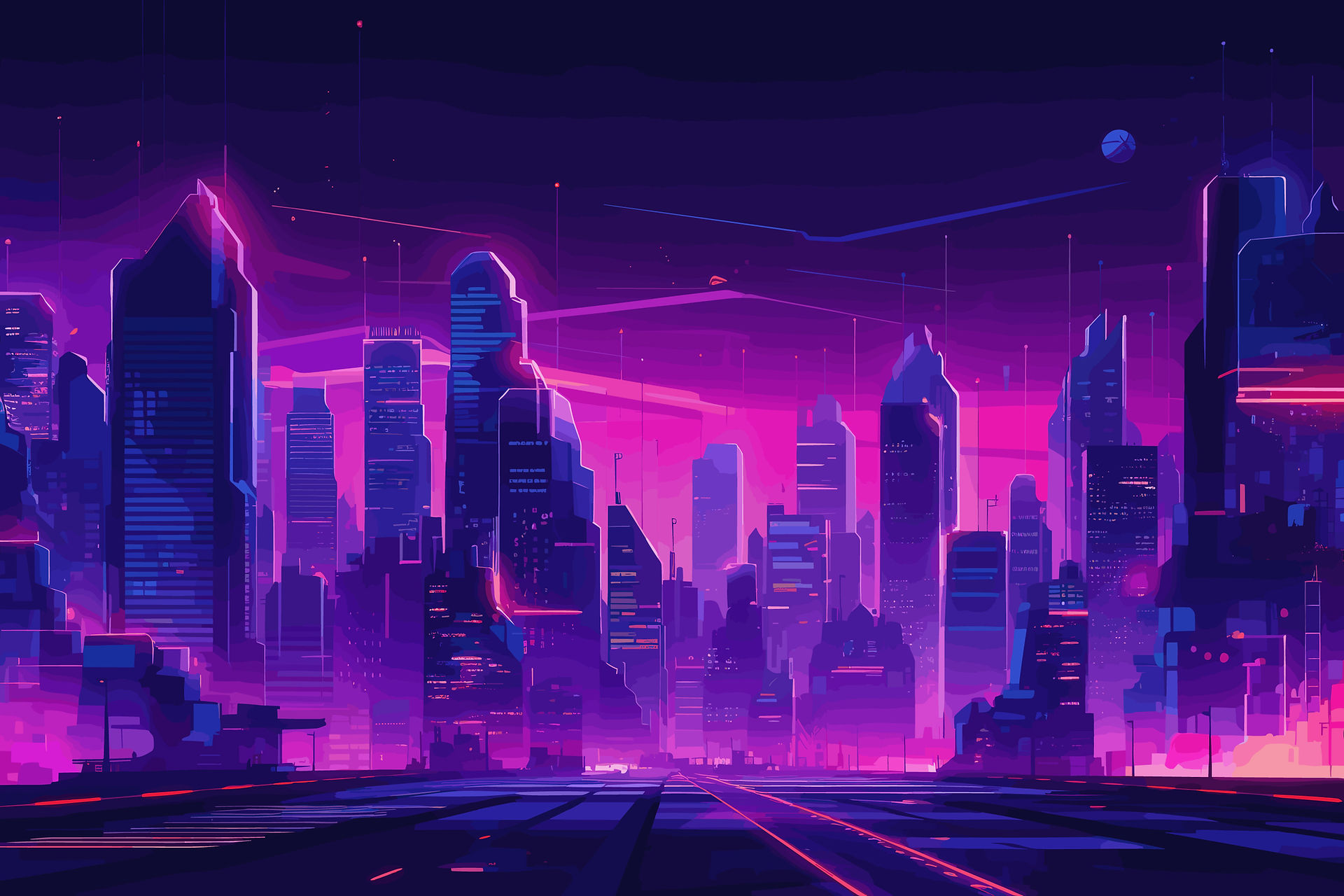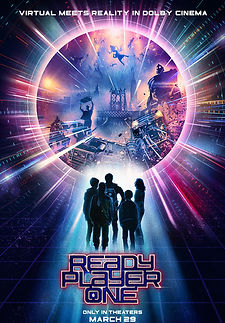

Ready Player One (2018)
In the year 2045, society escapes a crumbling world by immersing themselves in the OASIS, a vast virtual reality universe. Wade Watts (Tye Sheridan) joins a high-stakes contest within the OASIS to find an Easter egg left by its creator, which grants control over the entire system. Directed by Steven Spielberg, the film is based on the novel by Ernest Cline, who also co-wrote the screenplay. Its production involved over 1,500 visual effects shots and was delayed so Spielberg could finish The Post (2017) first. Notably, Ready Player One marked Spielberg's return to the sci-fi genre after a decade, and included an unprecedented number of licensed pop culture references — from The Iron Giant to Akira — requiring extensive negotiation to clear the rights.
.jpg)
Reminiscence (2021)
In a flooded, near-future Miami, private investigator Nick Bannister (Hugh Jackman) uses a machine that lets clients relive their memories. When a mysterious woman vanishes, his obsession with uncovering her past leads him into a conspiracy that blurs the lines between truth and memory. Directed by Lisa Joy, co-creator of Westworld, the film was her feature debut and reunited several talents from the HBO series, including composer Ramin Djawadi. Although praised for its worldbuilding and noir tone, the film underperformed at the box office due to a simultaneous release on HBO Max. Its production made extensive use of practical water sets to simulate the sunken cityscape.

Renaissance (2006)
In a futuristic Paris where surveillance is omnipresent, police officer Barthélémy Karas (Daniel Craig, voice) is assigned to find a kidnapped scientist linked to a powerful corporation. As he digs deeper, he uncovers secrets that could alter the future of human evolution. Directed by Christian Volckman, Renaissance is notable for its striking black-and-white motion-capture animation style, which gives it a graphic novel aesthetic. The film took six years to complete, using a combination of rotoscoping and 3D modeling. It was co-produced by French and international studios and drew stylistic comparisons to Sin City and Blade Runner.

Repo Men (2010)
In a near-future society, Remy (Jude Law) works for a corporation that repossesses artificial organs from customers who can no longer afford their payments — often through violent means. When he himself receives a heart transplant and falls behind on payments, he becomes a target of his own system. Directed by Miguel Sapochnik (The Road, Game of Thrones), the film is based on the novel The Repossession Mambo by Eric Garcia. Despite similarities to Repo! The Genetic Opera and Brazil, it stands on its own with visceral action and dark satire. The production was noted for its gritty visual style and intense prosthetic effects, many of which were done practically.


Restore Point (2023)
In a near-future Prague, where citizens are legally guaranteed the right to be revived after death via digital backups, detective Em Trochinowska (Andrea Mohylová) investigates a double homicide that threatens to undermine the entire system of "restore points." Directed by Czech filmmaker Robert Hloz, Restore Point was praised for its ambitious worldbuilding and sleek cyber-noir visuals despite a modest European budget. It premiered at major sci-fi festivals and was noted for blending philosophical themes with genre style, drawing inspiration from classics like Minority Report and Blade Runner.
RoboCop (1987)
In crime-ridden Detroit, police officer Alex Murphy (Peter Weller) is brutally murdered and resurrected as RoboCop, a cybernetic enforcer created by the mega-corporation OCP. As he patrols the streets, fragments of his past begin to surface, challenging his programming and sense of self. Directed by Paul Verhoeven, RoboCop was initially met with studio skepticism due to its violent content and satirical tone. The film’s production was troubled by extreme heat inside the RoboCop suit and delays caused by its complexity. Despite this, it became a critical and commercial success, later hailed as a defining work of 1980s sci-fi and a brutal critique of corporate power and media sensationalism.